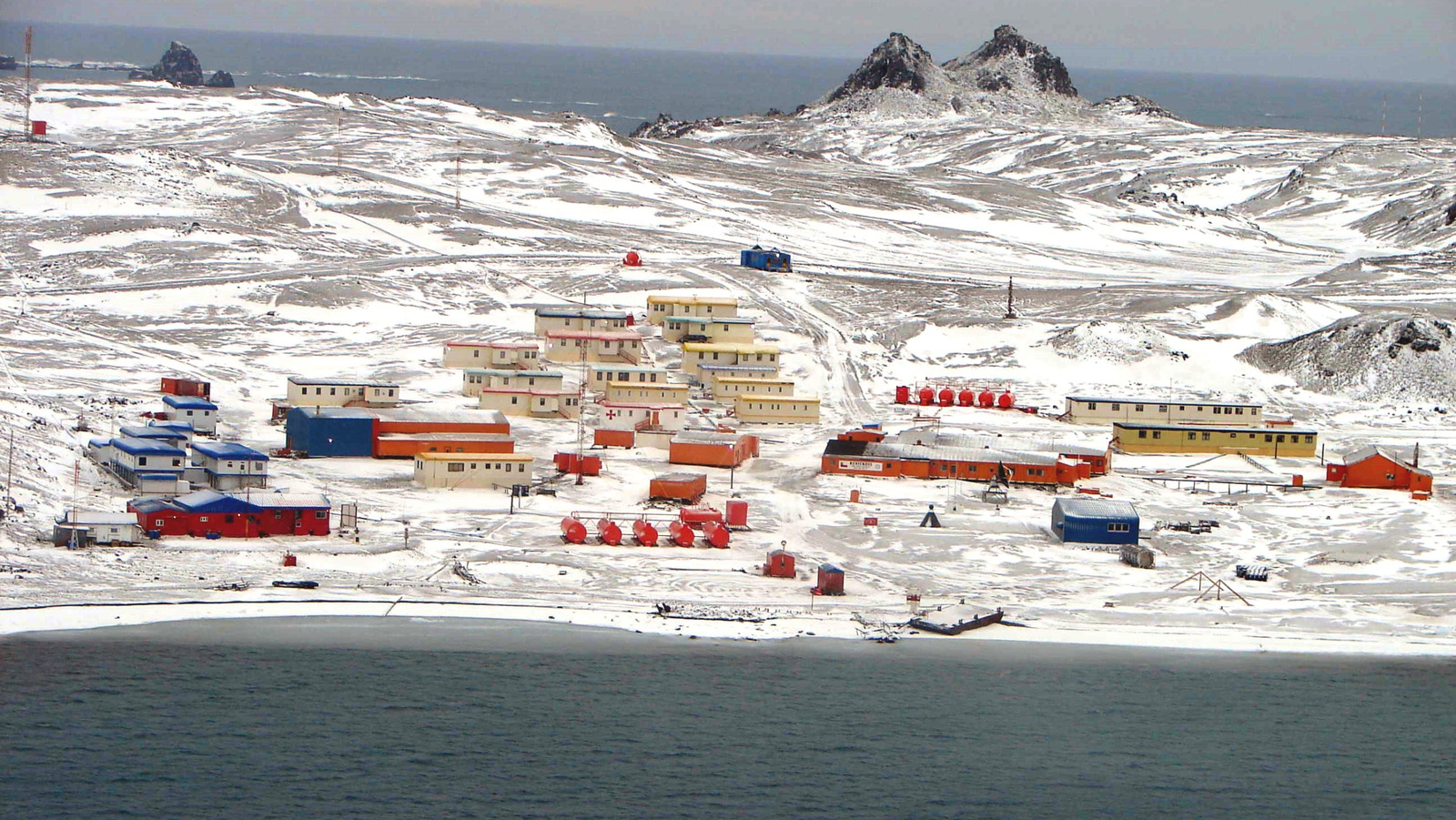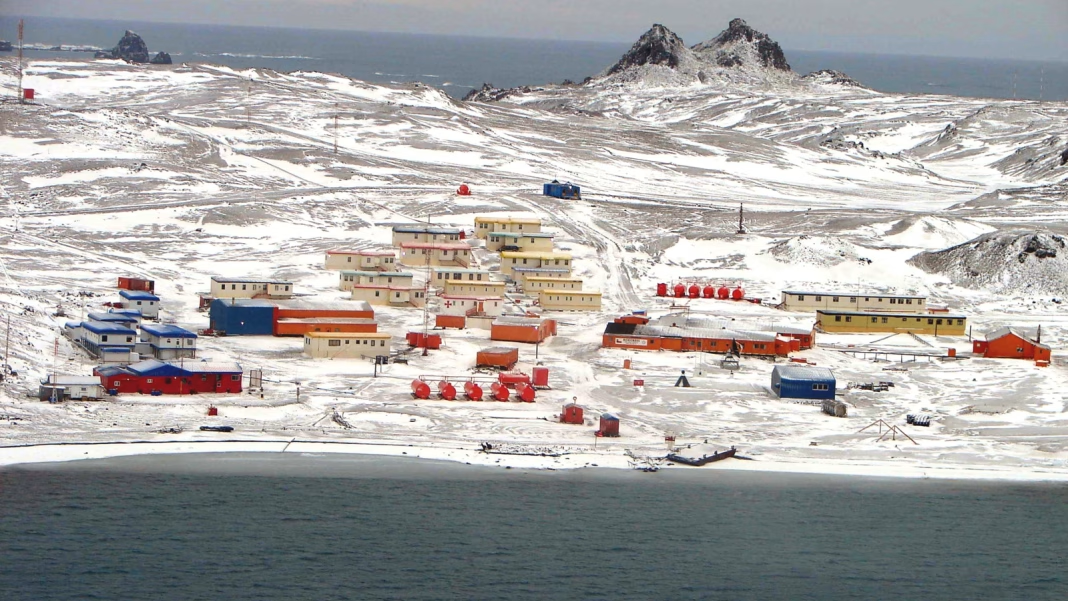Why Was Ethan Guo Detained in Antarctica in the First Place?
Ethan Guo’s story isn’t your typical travel mishap. At just 20 years old, this American pilot found himself at the center of an international legal standoff with the Chilean government—all while on a mission that most people would call inspiring. Guo had flown to Antarctica, not for adventure or personal glory, but to raise money for children’s cancer research. The twist? He landed at a Chilean military base without the proper clearance.
Why does this matter? Antarctica is governed by a patchwork of international treaties, and every country with a presence there takes its rules seriously. Chile, in particular, maintains strict control over its bases, especially given the sensitive environment and the need for safety. When Guo touched down unannounced, Chilean authorities had little choice but to detain him while they sorted out exactly what had happened and whether any laws had been broken.
What Legal Issues Did Guo Face, and How Did He Resolve Them?
Guo’s situation quickly escalated from an inspiring charity flight to a diplomatic headache. The Chilean government initially considered charges related to unauthorized entry and potential violations of international Antarctic protocols. For a young pilot, the stakes were high—fines, a criminal record, or even a ban from future international flights were all on the table.
So how did things get resolved? After weeks of negotiations, Guo and his legal team managed to reach a settlement with Chilean authorities. According to statements from officials familiar with the case, Guo agreed to pay a fine and issue a formal apology for the unauthorized landing. In return, Chile dropped any criminal charges, allowing him to leave the country and continue his advocacy work. Legal experts say this outcome is fairly typical in cases where intent wasn’t malicious and no harm was done, but it’s a reminder that international aviation law is nothing to take lightly.
How Did the Public and Aviation Community React?
The reaction to Guo’s ordeal was a mix of admiration and concern. On one hand, his mission to raise funds for children’s cancer research drew widespread support. Social media lit up with messages of encouragement and calls for leniency, with many arguing that his heart was in the right place.
On the other hand, experienced pilots and aviation authorities stressed the importance of following protocol. As one flight instructor put it, “Good intentions don’t exempt you from international law.” The incident sparked lively debate in aviation forums about the balance between bold humanitarian missions and the need for strict adherence to flight regulations—especially in remote, high-risk environments like Antarctica.
What Are the Broader Implications for Pilots and Humanitarian Flights?
Guo’s experience is more than just a cautionary tale. It’s a wake-up call for anyone considering similar missions. Humanitarian flights, while noble, operate in a complex web of international law, local regulations, and logistical challenges. Even a small oversight—like missing a permit or failing to notify the right authorities—can have outsized consequences.
Recent data from the International Civil Aviation Organization (ICAO) shows that incidents involving unauthorized landings, even for humanitarian purposes, have increased slightly in the past five years. Experts suggest that as more private pilots and organizations take on ambitious missions, the need for clear communication and compliance with international rules is greater than ever.
What Can Future Pilots Learn from Guo’s Experience?
There’s a lot to unpack here for aspiring aviators. First, preparation is everything. That means understanding not just the technical aspects of flying, but also the legal and diplomatic landscape of your destination. Second, even the best intentions need a solid plan—especially when crossing borders or entering restricted airspace.
Guo’s story also highlights the value of humility and adaptability. He owned up to his mistake, worked with authorities, and turned a tough situation into a learning opportunity. That’s the kind of resilience that separates good pilots from great ones.
The big takeaway? Navigating international skies isn’t about perfection—it’s about smarter adjustments. Start with one change this week, and you’ll likely spot the difference by month’s end.


